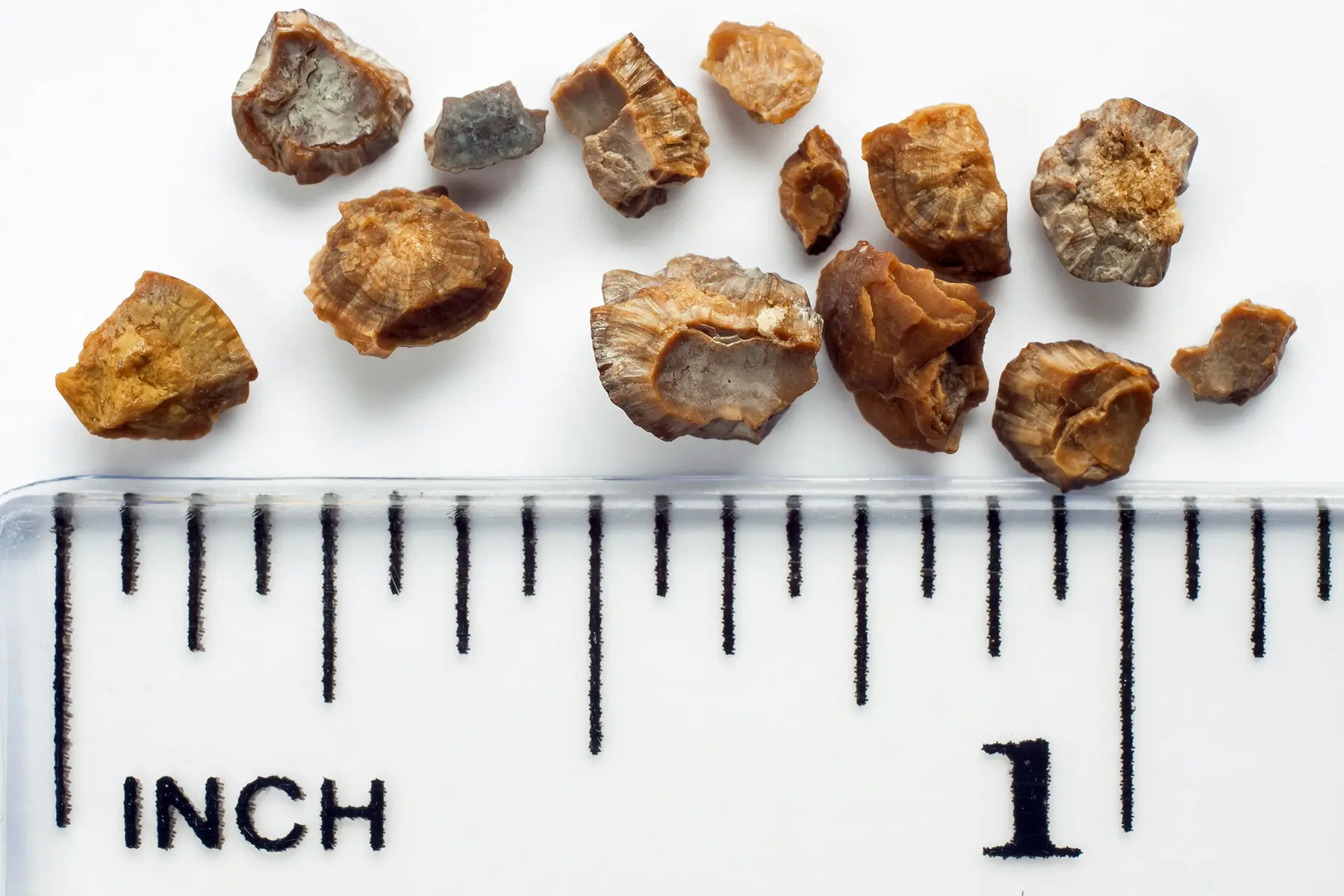Comprehensive Guide to Kidney Stones vs UTI: Diagnosis, Triggers, and Alleviation
Comprehensive Guide to Kidney Stones vs UTI: Diagnosis, Triggers, and Alleviation
Blog Article
Discovering the Manifestations and Causes of Kidney Stones in Contrast to Urinary Tract Infections: A Detailed Guide
The expedition of kidney stones and urinary system tract infections (UTIs) exposes an intricate interplay of signs and symptoms and underlying causes that call for careful exam. While both problems can bring about hematuria, they present distinctive professional functions and occur from different etiological variables. Understanding the nuances of each condition is vital for efficient medical diagnosis and monitoring. What are the essential distinctions in their signs and symptoms, and exactly how might these inform treatment methods? The response to these concerns might give vital insights right into the avoidance and treatment of these usual urological issues.
Overview of Kidney Stones
Kidney rocks, additionally called renal calculi, form when certain substances in the urine crystallize and aggregate, resulting in the development of hard deposits within the kidneys. These stones can differ in size, ranging from a grain of sand to a golf ball, and can be composed of various materials, one of the most usual being calcium oxalate, uric acid, struvite, and cystine. The development of kidney rocks is influenced by a number of variables, consisting of nutritional routines, liquid intake, and genetic predisposition.
Symptoms of kidney rocks might include severe pain in the back or side, blood in the urine, queasiness, and frequent urination, specifically as the rock moves through the urinary system system. Diagnosis usually includes imaging researches such as ultrasound or CT scans, together with urinalysis to determine the stone's make-up.
Therapy choices vary based upon the size and type of rock, in addition to the seriousness of signs (Kidney Stones vs UTI). Small rocks may pass naturally with boosted fluid consumption, while bigger stones might need medical treatments such as lithotripsy or medical removal. Recognizing the pathophysiology and danger elements linked with kidney rocks is important for reliable prevention and management
Introduction of Urinary System Infections
Urinary system infections (UTIs) are typical microbial infections that impact any type of part of the urinary system, including the kidneys, ureters, bladder, and urethra. They mostly occur when germs, often from the intestinal system, get in the urinary system, leading to swelling and infection.
The prevalence of UTIs is significantly greater in females than guys, largely due to anatomical differences, such as a shorter urethra. Danger aspects consist of sex, certain contraceptive methods, urinary retention, and dehydration. The diagnosis of UTIs is usually validated via pee tests, which may reveal the presence of bacteria, white blood cells, or red blood cells.

Signs of Kidney Stones
The discomfort connected with kidney stones can show up in numerous methods, commonly leading people to seek medical focus. Among one of the most typical symptoms is severe discomfort, normally local in web link the lower back or side, which may emit to the abdominal area or groin. This pain, frequently referred to as sharp or cramping, can take place instantly and might vary in intensity.
In addition, individuals may experience hematuria, or blood in the pee, which can vary from microscopic amounts to noticeable discoloration. This symptom might be gone along with by changes in urinary system practices, such as increased frequency or seriousness, in addition to pain throughout urination. Nausea or vomiting and vomiting are additionally common, frequently arising from the body's reaction to intense discomfort.
In many cases, people might experience fever and cools, Home Page particularly if an additional infection develops because of the blockage brought on by the rocks. On the whole, the combination of extreme pain, hematuria, modified urinary system patterns, and gastrointestinal signs and symptoms can provide considerable understanding into the presence of kidney rocks, necessitating prompt medical analysis and treatment. Comprehending these signs is crucial for timely diagnosis and reliable monitoring of the condition.
Signs of Urinary System System Infections
Infections within the urinary system system often provide a variety of distinct symptoms that can substantially influence life. One of the most common symptoms include a consistent desire to pee, commonly come with by a burning experience during peeing, called dysuria. Individuals may also experience increased frequency of urination, producing percentages of urine each time.
Other notable symptoms consist of over cast or foul-smelling urine, which may indicate the presence of bacteria or pus. In many cases, urine might show up pink or red because of the see presence of blood, a condition referred to as hematuria. In addition, people might experience pelvic discomfort or pressure, which can further aggravate the sensation of seriousness.
Systemic signs may also show up, such as high temperature, chills, and tiredness, specifically if the infection has actually ascended to the kidneys. It is crucial to identify these signs and symptoms early, as without treatment urinary tract infections can bring about a lot more serious problems. Kidney Stones vs UTI. Prompt clinical interest is advised when these symptoms are observed, permitting proper diagnostic analysis and therapy to reduce pain and stop further wellness concerns
Reasons For Each Condition
Regularly, kidney stones and urinary system infections arise from distinctive yet in some cases overlapping causes that can impact individuals in a different way. Kidney stones commonly develop as a result of metabolic elements, nutritional options, and hereditary predispositions. Raised levels of calcium, oxalate, or uric acid in the pee can lead to rock formation. Dehydration, inadequate liquid intake, and high-sodium diet plans can exacerbate these conditions, advertising crystallization within the urinary system.

Recognizing these distinctive reasons is essential for prevention and treatment. Kidney Stones vs UTI. While lifestyle modifications may minimize the threat of kidney rocks, proper hygiene and timely treatment of urinary system system infections are necessary for minimizing their reoccurrence and associated complications
Verdict
In summary, kidney rocks and urinary system infections present distinctive signs and underlying causes. Kidney stones are characterized by serious pain and metabolic variables, while urinary system infections mainly include bacterial infections leading to urinary system necessity and pain.
The expedition of kidney rocks and urinary tract infections (UTIs) reveals a complicated interplay of symptoms and underlying causes that require mindful assessment.Urinary tract infections (UTIs) are typical bacterial infections that affect any type of component of the urinary system, consisting of the kidneys, ureters, bladder, and urethra.Often, kidney stones and urinary system infections emerge from unique yet sometimes overlapping reasons that can affect individuals differently.In recap, kidney stones and urinary system system infections existing distinctive symptoms and underlying causes. Kidney rocks are characterized by serious discomfort and metabolic factors, while urinary tract infections mostly entail microbial infections leading to urinary seriousness and discomfort.
Report this page